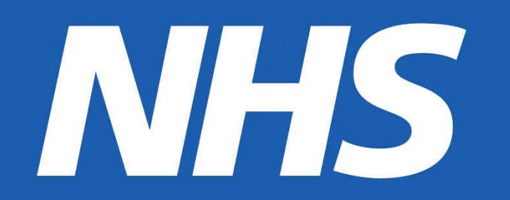The government has faced further calls to increase the Money Purchase Annual Allowance (MPAA) in the forthcoming budget, with a number of industry organisations backing a call for the government to review the current allowance.
In a letter to the Treasury, LangCat director of public affairs, Tom McPhail, argued that the current MPAA is a “barrier to retirement saving”, stating that the world is a "very different place" compared to when the limit was reduced in 2017.
The letter was co-signed by 16 industry organisations, including Aegon, AJ Bell, the Association of British Insurers, Hargreaves Lansdown, the Personal Investment Management and Financial Advice Association (PIMFA), the Pensions and Lifetime Savings Association (PLSA) and The Investing and Saving Alliance (TISA).
In the letter, McPhail stated: “When the limit was reduced from £10,000 to £4,000 in 2017, it was solely to curb the risk of income tax avoidance and the level was intended to be kept under regular review. It was specifically intended not to affect those who accessed their pensions due to financial pressures such as divorce or redundancy.
“However, the world is a very different place compared to 2017, with the UK suffering a cost-of-living crisis. Many over 55s have tapped into their retirement savings and are now restricted in their ability to rebuild these savings.
“Drawing on FCA retirement income data and ONS Labour Force research into the effects of the pandemic, it is clear the MPAA is already a possible issue for hundreds of thousands of workers over the age of 55.
"They face an older worker penalty that prevents them from saving for retirement and may discourage them from seeking out employment. This is not good for them, or for the economy, or for the Exchequer, which is potentially missing out on millions of pounds of income tax and National Insurance revenue from their employment."
In light of these concerns, the letter urged the Treasury to restore the MPAA to its previous level of £10,00 as an immediate response to the situation.
In addition to this, it encouraged the Treasury to meet with industry representatives to explore the effectiveness of the current MPAA rule and to discuss possible improvements to its operation and impact.
Commenting on the call for action, AJ Bell head of retirement, Tom Selby, stated: “If the government wants to show it is serious about encouraging over 50s back into the workforce, it needs to address the swingeing pension saving penalty imposed on hundreds of thousands of people by the ‘money purchase annual allowance’.
“Setting the MPAA at such a low level means even average earners making relatively moderate retirement saving contributions risk being hit with a tax charge (see examples below).
“This acts as a clear disincentive for people who want to return to work and keep saving for retirement. It also risks hindering those who have accessed their pension during a period of financial distress from rebuilding their pot afterwards.
“Over the longer-term, the government needs to consider alternative mechanisms to control the risk of people ‘recycling’ tax-free cash.”
Adding to this, Hargreaves Lansdown head of retirement analysis, Helen Morrissey, argued that the call for change has become "increasingly urgent" as the government looks to encourage older people to return to work.
She continued: "Increasing the level to £10,000, as set out in the letter, is a good first measure but longer term we need a wider look at pension tax relief and the MPAA’s role within it.
"We have consistently called for the replacement of the MPAA with anti-recycling rules, which would treat contributions paid with the intent to recycle as an annual allowance excess and be taxed accordingly."
Latest News
-
OBR analysis reveals potential impact of salary sacrifice changes
-
Strong funding levels continue as endgame landscape reshaped by innovation
-
Harwich Haven Authority Pension Fund finalises £45m buy-in with Royal London
-
GAD publishes LGPS gender pension gap reporting guidance
-
DB scheme funding levels continue to improve heading into 2026
-
News in brief - 6 February 2026
Private markets – a growing presence within UK DC
Laura Blows discusses the role of private market investment within DC schemes with Aviva Director of Investments, Maiyuresh Rajah
The DB pension landscape
Pensions Age speaks to BlackRock managing director and head of its DB relationship management team, Andrew Reid, about the DB pensions landscape
Podcast: From pension pot to flexible income for life

Podcast: Who matters most in pensions?

In the latest Pensions Age podcast, Francesca Fabrizi speaks to Capita Pension Solutions global practice leader & chief revenue officer, Stuart Heatley, about who matters most in pensions and how to best meet their needs
© 2019 Perspective Publishing Privacy & Cookies











Recent Stories